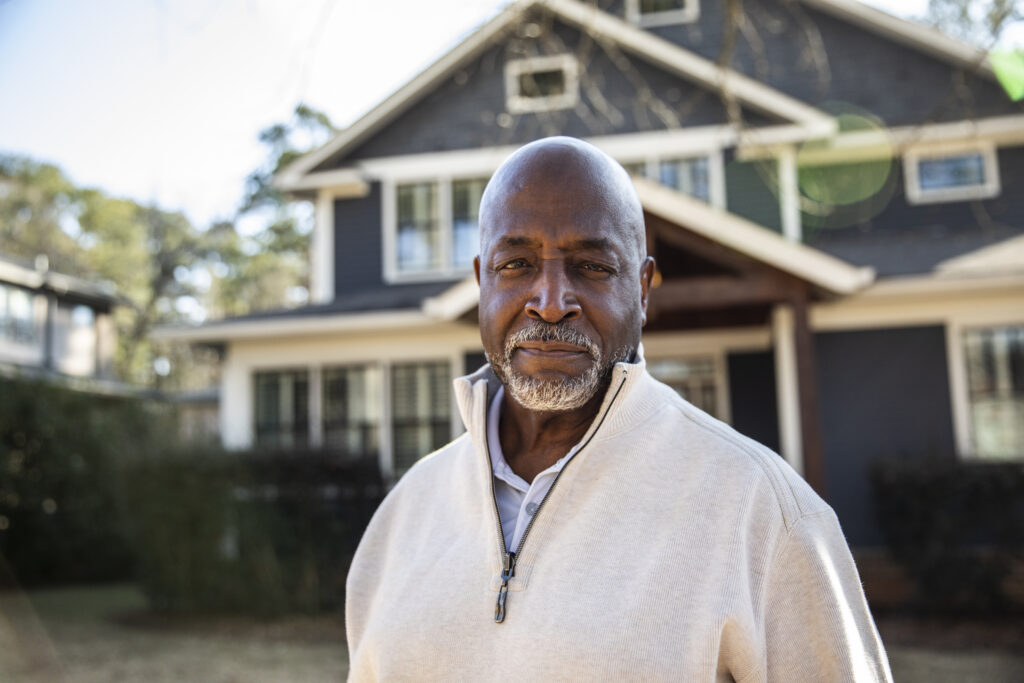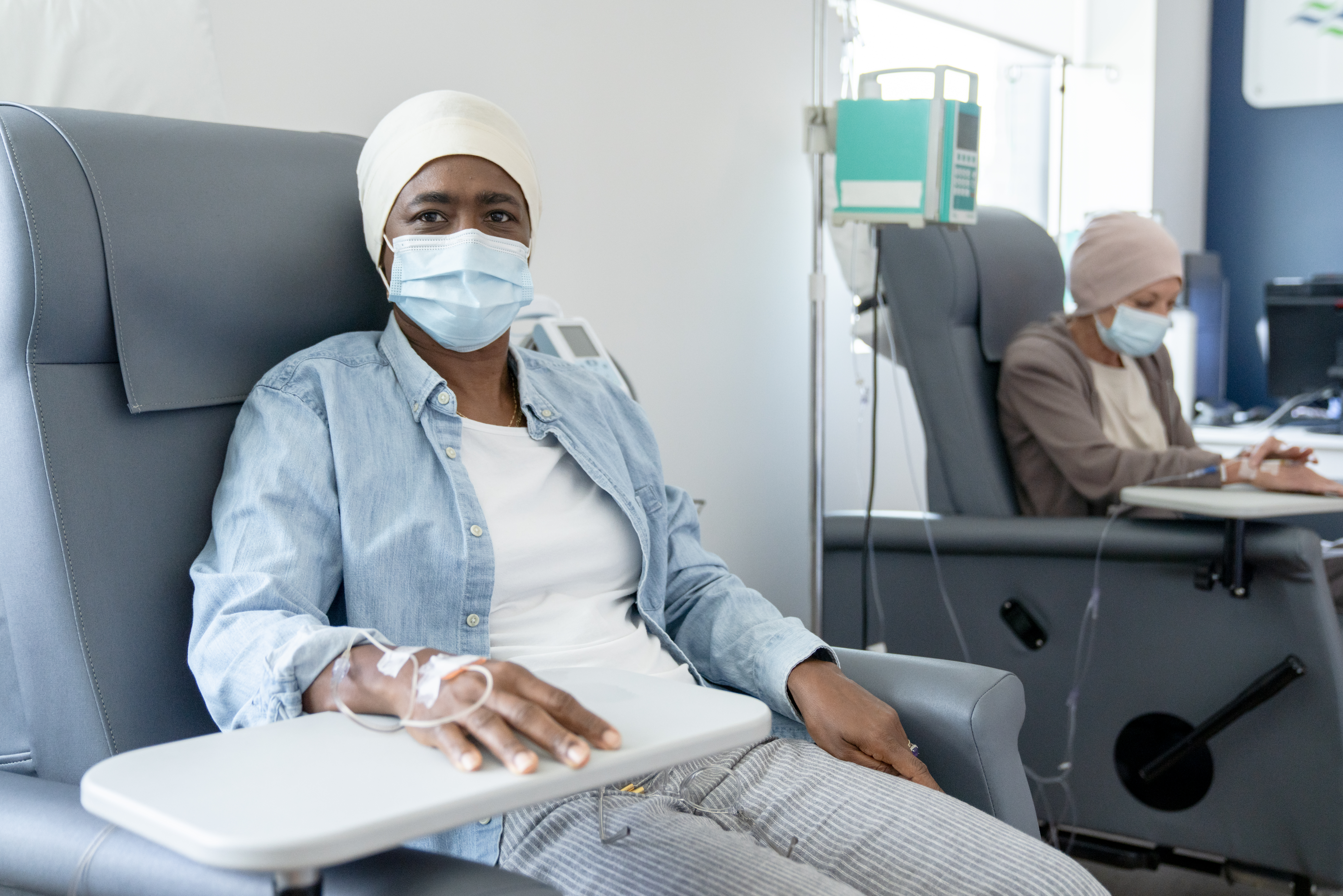
There has been a long-standing distrust of the healthcare system among many Black Americans, and one of the most cited reasons is the infamous Tuskegee Syphilis Study. This distrust didn’t come out of thin air—it is rooted in real events where the medical establishment violated ethical standards and exploited vulnerable people.
On July 26, 1972, The New York Times exposed what it called the “longest-running non-therapeutic experiment on human beings in medical history.” For forty years, beginning in 1932, physicians from the U.S. Public Health Service knowingly allowed nearly 400 poor, Black sharecroppers in Macon County, Alabama, to go untreated for syphilis. These men were misled into believing they were being treated for “bad blood,” a vague term that in the local community could mean anything from fatigue to anemia.
In reality, they were part of the Tuskegee Syphilis Study, a project designed to observe the natural progression of untreated syphilis—a potentially deadly sexually transmitted disease that can cause blindness, paralysis, heart damage, and death. Even after penicillin became the standard and widely available treatment for syphilis in the 1940s, the study’s researchers withheld it. Some men died. Others went blind, insane, or suffered severe complications. The disease spread to wives, and children were born with congenital syphilis.
The study represented a blatant violation of the Hippocratic oath to “First, do no harm.” It also exposed deep racial inequities in medical research, where Black bodies were used as tools for scientific inquiry without respect, consent, or adequate treatment.
For many, Tuskegee became the ultimate symbol of medical betrayal. Its legacy still lingers today, with health professionals and Black community leaders citing it as a major factor in lower participation among Black Americans in routine preventive care, clinical trials, and organ donation. Even decades later, the phrase “I don’t want to be a guinea pig” is often heard in conversations about medical research in Black communities.
But out of this tragedy came reform. Public outrage over Tuskegee led to new rules designed to protect human subjects in medical studies. Today, one of the main safeguards is the Institutional Review Board (IRB) system, which exists to ensure that no study can legally proceed without thorough ethical review.
How Can You Be Sure a Clinical Trial Is Safe?
- Advance Approval by an IRB – Every research study involving human or animal subjects must be reviewed and approved before it begins. If you ever have concerns, you can take them directly to the study’s director or the institution’s IRB.
- Diverse Oversight – IRBs are not made up of scientists alone. They include physicians, ethicists, clergy, and community leaders, bringing different perspectives to the table. This is intentional, to prevent research from being judged solely by those who might have a vested interest in it.
- Ethical Safeguards – The main responsibility of an IRB is to protect participants from harm. They examine a study’s design, recruitment process, consent forms, and safety measures to ensure participants are fully informed and treated with dignity.
While these systems are not perfect, they are a direct result of hard lessons learned from tragedies like Tuskegee. Building trust between medical researchers and communities—especially those historically mistreated—requires honesty, transparency, and accountability. The hope is that by remembering history, we can ensure it is never repeated.









